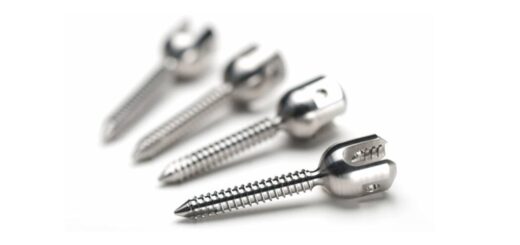Is Stress Shortening Your Life Span?
Do you have too much stress in your life? Most of us do, but if you are like most people, you may think it doesn’t really affect you. It would be a mistake to think stress only affects you at work, or while you are experiencing it. stress-related medical problems are showing up in doctors’ offices at an increasing rate. Stress is now recognized as a powerful disrupter of both emotional and physical homeostasis(balance), with far reaching medical ramifications. Hypertension(high blood pressure), high cholesterol, insomnia, heart attacks, strokes,and high blood sugar are just a few of many conditions linked directly to our stress levels.
Mental and Emotional Effects of Stress
-irritability or anger
-apathy or depression
-constant anxiety
-irrational behavior
-loss of appetite-comfort eating
-lack of concentration
-increased smoking, drinking, stimulant use (including caffeine and sugar) or drug-taking
Effect of Sympathetic Stress on Physiology
Pupils of the eye – enlarge to facilitate greater acuity to see danger and escape routes.
Brain- Increased blood flow, increased metabolism of glucose focusing more on intense, fatiguing thoughts.
Heart-Increased heart rate and vaso-spasm increasing risk of stroke and heart attack.
Lungs-Increased respiratory rate, dilation of bronchi, increased oxygen supply to enable rigorous physical response to attack.
Liver-Increased glucose production via gluco-neo-genesis, which depletes energy reserves.
Muscles-Increased breakdown of glycogen to glucose for immediate energy, increased residual tension causing nervous behavior, irritability and discomfort.
Fat tissue-Increased breakdown of stored fat, more fatty acids in the bloodstream increasing heart disease risk.
Digestion-Increased acidity and decreased motility causing discomfort and possible constipation (at first), followed by diarrhea (if reaction is severe)
Excretory Neuron stimulation of the bladder producing the urge to urinate in spite of the fact that urine flow is reduced.
Lymph tissue Increased release of T-cells and natural killer cells depleting the reserves thus decreasing immune function.
Skin Decreased blood flow causing cold hands/feet.
Increased sympathetic nervous response causes sweating
Salivary Glands Decreased flow of saliva, causing thicker, sticky, dry mouth “cotton mouth”.
The General Adaptation Syndrome (G.A.S.)
Alarm Reaction
Stage of Resistance
Exhaustion
What stage are you in?
The Integra Bio-Terrain System uses a simple but effective way to determine sympathetic stress. The test is called the Saliva pH Acid Challenge. This test requires evaluating the saliva pH over a 5 minute period. From the pH values it is simple to determine the state of the nervous system.
Challenging the buffer system of the body with acid lemon juice will elicit one of two possible alkaline responses:
a normal mineral response, demonstrating normal nervous system or a sympathetic stress response of ammonia, demonstrating a stressed nervous system.
The standard response is characterized by an initial drop in pH due to the lemon juice, followed by a gradual increase in pH over 5 minutes, culminating in a pH of at least 7.5 at the 5 minute mark. This gradual increase represents the use of alkaline mineral buffers by the body. This is a normal response to an acid challenge.
The sympathetic response is characterized by a rapid increase in the saliva pH. This cannot be accomplished by mineral buffers. Only ammonia can alkalize the system this quickly. This indicates that the nervous system is in a high stress mode.
Whenever this is encountered, addressing the sympathetic nervous system is of paramount importance. Once sympathetic stress has been determined, it is imperative to provide both nutritional protocols for the patient and guidance in lifestyle changes.
The Integra Bio-Terrain system was made popular by Dr. Stephen Stiteler, L.Ac, OMD, from which much of the information in this article was gathered from. Stress affects every aspect of your well-being. The problem is not how much stress you have in your life, its more a question of how much of it you hang on to. The more stress you have, the more important it is to have a good stress management program in place. Do not wait until you are overwhelmed, before seeking help. This would be the same as digging the well once you are thirsty. The effects of stress, both physical and mental/emotional can go unseen and unnoticed for years before their effects are made known. Find out more today, and start on the road to achieve your own optimal wellness now.














